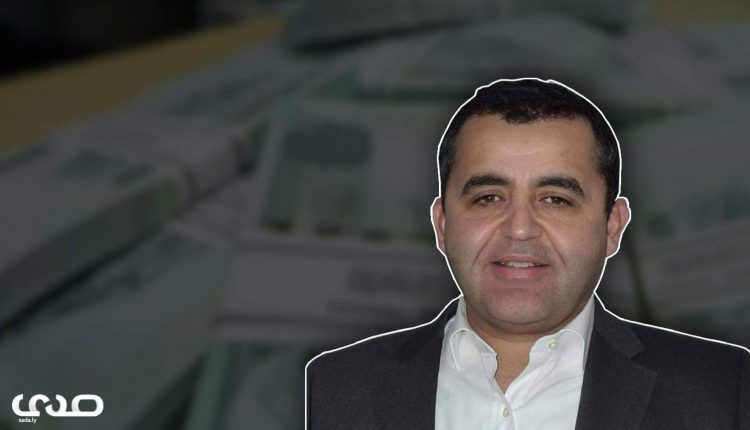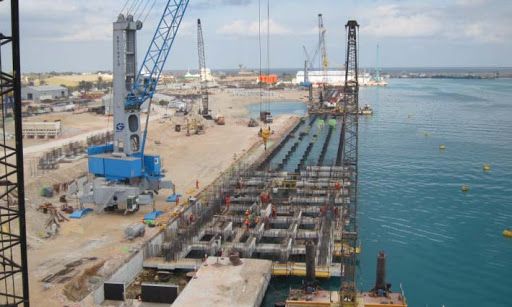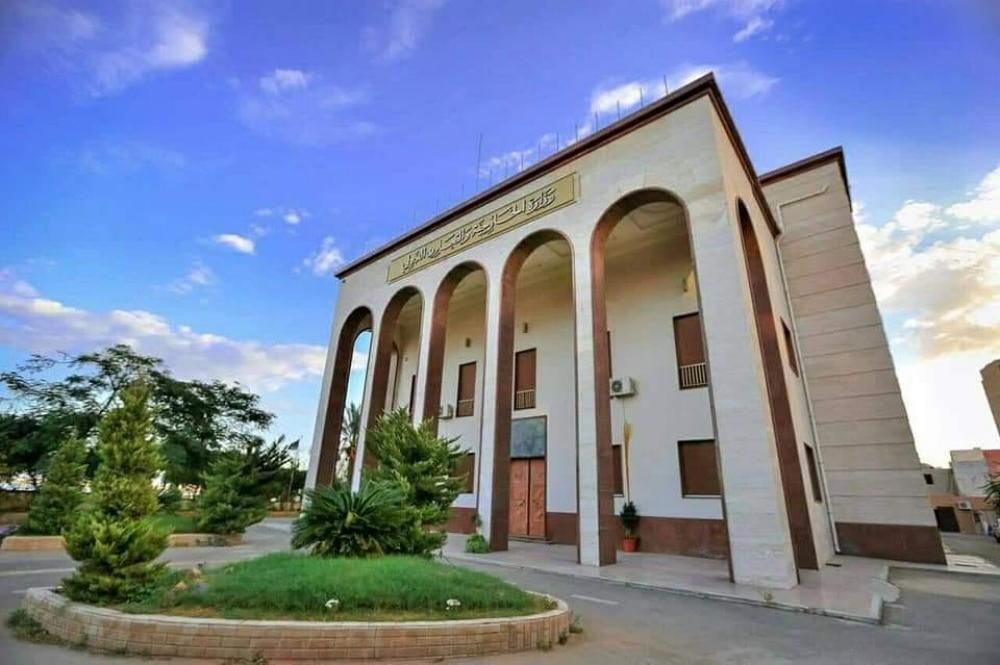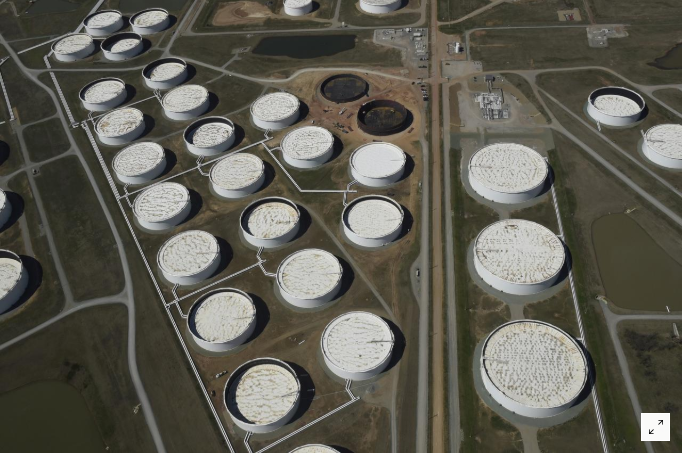A Libyan Economic Analyst: 90% of CBL’s general reserve will be spent
In a statement to Libya Al Ahrar TV, the economic analyst Mohsen Dreeja confirmed that the Central Bank of Libya is highly cautious about using its reserves. Hence, the bank’s revenue does not exceed 2% as it does not invest in high-risk goods.
However, the bank’s revenue is limited only to using bonds as a stock means. Yet, bonds yields during the last years are very low.
“The Libyan law stipulates that the spending of the reserves is limited to 20%”,Mohsen Dreeja stressed, adding that “this year, 90% of Libya’s central bank’s public reserve will be spent.”
When Jadhran shut oil ports, the Central Bank of Libya spent 90% of its reserves because it had no other income.





